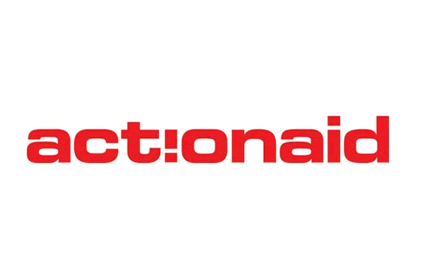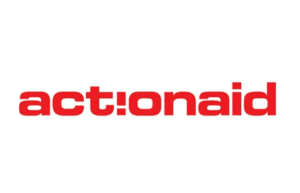Business
ActionAid leads $2.7m Coastal Resilience Project to protect Ghana’s vulnerable communities
Normal 0 false false false EN-GB X-NONE X-NONE /* Style Definitions */ table.MsoNormalTable {mso-style-name:"Table Normal"; mso-tstyle-rowband-size:0; mso-tstyle-colband-size:0; mso-style-noshow:yes; mso-style-priority:99; mso-style-parent:""; mso-padding-alt:0cm 5.4pt 0cm 5.4pt; mso-para-margin-...
GBN
published: Sep 03, 2025


 ActionAid Ghana, in collaboration with UN-Habitat, Habitat for Humanity International, and the University of Twente, has launched a $2.74 million climate resilience project to safeguard vulnerable coastal communities in Ghana and Côte d’Ivoire against the mounting threats of climate change.
ActionAid Ghana, in collaboration with UN-Habitat, Habitat for Humanity International, and the University of Twente, has launched a $2.74 million climate resilience project to safeguard vulnerable coastal communities in Ghana and Côte d’Ivoire against the mounting threats of climate change.
The initiative, titled “Improving Resilience of Coastal Communities in Côte d’Ivoire and Ghana,” is funded by the Adaptation Fund and was officially inaugurated in Anloga in the Volta Region.
It seeks to address the pressing dangers of rising sea levels, tidal waves, recurrent flooding, and coastal erosion, which have left many communities facing destruction and displacement.
Mr. John Nkaw, Country Director of ActionAid Ghana, said the project reflected the organisation’s long-standing commitment to supporting the most at-risk groups, particularly women, children, and persons with disabilities.
“Our coastal communities are on the front lines of this crisis, navigating a landscape marred by loss. Rising seas, tidal waves, recurrent flooding, and erosion are not merely abstract figures; they constitute severe and immediate threats to lives, homes, and livelihoods. This is why ActionAid Ghana is passionately committed to supporting those who are most vulnerable,” he stated.
Statistics from national and international bodies illustrate the gravity of Ghana’s coastal challenges.
The Environmental Protection Agency (EPA) has warned that 37 per cent of the country’s coastline is under severe threat from erosion and flooding, while the World Bank estimates that over 7,000 hectares of coastal land have already been lost to the ocean.
Communities such as Fuvemeh continue to lose up to eight metres of land annually, and in 2021, more than 4,000 residents in Keta and Anloga districts were displaced by tidal waves.
According to the National Disaster Management Organization (NADMO), unchecked sea level rise could displace 1.2 million Ghanaians in the near future, with annual economic losses projected to reach 1.3 billion dollars by 2050.
ActionAid Ghana will implement Component Two of the project in 11 high-risk coastal communities across Greater Accra and the Volta Region, including Agorkedzi, Agbledomi, Dzita, Tegbi, Woe, Whutti, Azizanya, Akaplabanya, Wokumagbe, and Goi.
The interventions, to be rolled out over 18 months, will be anchored on three key pillars: early warning systems to enhance preparedness, nature-based solutions such as mangrove restoration to strengthen natural barriers against erosion, and climate-resilient livelihoods to empower women, youth, and farmers with sustainable income opportunities.
Mr. Mouhamadu Diene, Regional Project Coordinator of UN-Habitat, stressed that community participation would be critical to the success of the project.
He said, “The success of this initiative hinges on community ownership. We urge the people, especially women, to fully embrace these interventions as they are key to protecting their livelihoods.”
Reinforcing the call for collective action, Mr. Alioune Ndiaye, Interim Chief of Party at Habitat for Humanity International, noted that climate justice required strong partnerships.
“At Habitat for Humanity, we are empowered by communities like yours to build resilience amidst all the challenges climate change is breeding. However, to realize the full benefits, it is essential that government, civil society, and local communities unite in support of this initiative,” he added.
The project is also designed to directly contribute to the achievement of several United Nations Sustainable Development Goals (SDGs), including Goal 13 on climate action, Goal 11 on sustainable cities and communities, Goal 15 on life on land, Goal 5 on gender equality, Goal 1 on ending poverty, and Goal 8 on decent work and economic growth.
Mr James Gunu, Volta Regional Minister, described the project as both timely and transformative, adding that “This project is not merely about resilience; it encompasses justice, dignity, and a sustainable future for our people. The government is steadfast in its commitment to ensuring its full implementation.”
Source: GNA
The post ActionAid leads $2.7m Coastal Resilience Project to protect Ghana’s vulnerable communities appeared first on Ghana Business News.
Read More